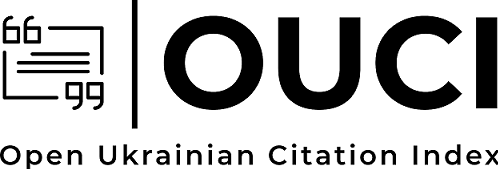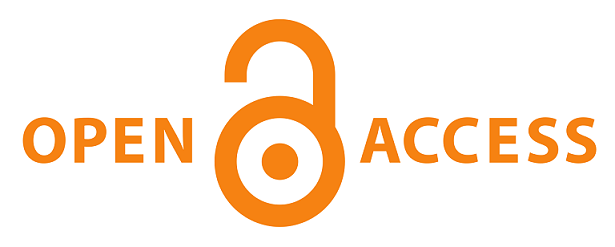Conflicts of Interest
The concept of conflict of interest and its types
A conflict of interest over a particular manuscript arises when one of the participants in the review or publication process (author, reviewer, editor) has obligations that could affect his or her opinion. The most common causes of conflicts of interest are financial relationships, personal relationships, scientific rivalry, and intellectual «passions».
There are several main types of conflict of interest:
Personal Conflict of Interest:
- Personal relations (friendship, marriage, mentor, student, family relations) with persons involved in the submission and review of manuscripts (authors, reviewers, editors or editorial board members).
- Personal beliefs (political, religious, ideological or otherwise) related to the topic of the manuscript that may interfere with the objective publication process (at the stage of submission, review, editorial decision-making or publication).
Professional Conflict of Interest:
- Colleagues who participated in or observed this study.
- Membership in organizations that would lobby for the author's interests.
- Professional or personal relations with institutions and financial bodies, including non-governmental organizations, research institutions and charitable organizations;
Financial Conflict of Interest:
- Research grants (from any sponsoring source).
- Patent applications, including those of institutes to which the author relates and from which he or she may profit.
- Fees, gifts and rewards of any kind.
- Other direct or indirect sources of financing or material gain.
Conflict of interest resolution procedure
- All participants in the review and publication process (author, reviewer, editor) must report a conflict of interest that may affect the results of their work.
- Reviewers should indicate whether they have a hostile relationship with the authors. If due to personal relationship with the author the reviewer cannot objectively evaluate the manuscript, then he should refuse to perform the task.
- If, in the opinion of the editors, there are circumstances that may affect the impartial review, the editorial board does not involve such a reviewer.
- The editorial board reserves the right not to publish the manuscript if the declared conflict of interest compromises the objectivity and reliability of the evaluation of the study.
- If the editorial board detects a conflict of interest that was not declared at the time of submission, the manuscript may be rejected.
- If an undeclared conflict of interest is identified after publication, the article may be corrected or deleted if necessary.













